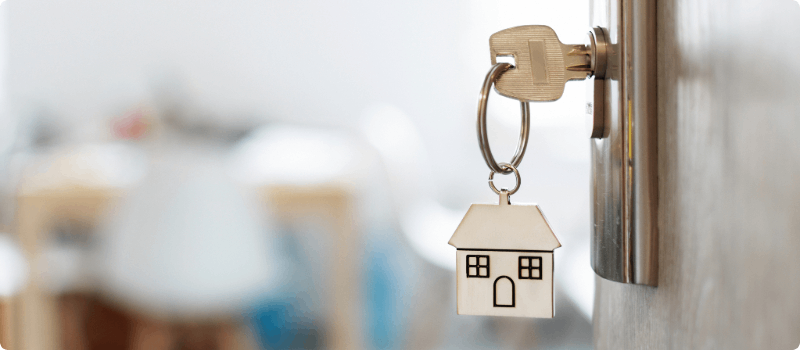Does the buyer or the seller pay closing costs?
Updated April 16, 2024 . AmFam Team
Closing costs are paid according to the terms of the purchase contract made between the buyer and seller. Usually, the buyer pays for most of the closing costs, but there are instances when the seller may also have to pay some fees at closing. While buyers' and sellers' agreements differ, we've gathered general guidelines to help clarify the process.

About closing costs
Buyer and seller closing costs are the monies due at closing when purchasing a home. They typically range from 3-6% of the total purchase price and are comprised of fees and taxes. While costs vary, they depend on predictable factors such as loan type and the home's location.
Depending on the circumstances, the buyer may be able to ask the seller to pay some closing costs. However, it’s important to know the seller may already be paying upwards of 10% of the total sale in agent fees and commissions. So, buyers may not have much luck asking the seller to absorb additional fees, but it occasionally pays off.
The lending company could potentially reduce these fees as well. Sometimes, they’ll give the buyer a break and discount their service fees as an incentive for doing business.
From the prepayment of taxes to required fees, such as attorney and appraisal costs payable to county and local authorities, closing costs are comprised of payments to several entities.

Closing costs sellers typically pay
The home's seller usually covers their local taxes and municipal fees. Here’s a look at some common expenses a seller may be responsible for at closing:
- Agent commission
- Any agreed-upon repairs
- Any escrowed money promised to the buyer
- Broker commissions
- Credits toward closing costs
- Document transfer fees
- HOA fees
- Prorated property taxes
- Seller attorney fees
- Title insurance
- Transfer tax
Closing costs buyers usually pay
The home's buyer is typically responsible for the following taxes and fees:
- Application fees
- Appraisal
- Attorney fees
- Document and courier fees
- Escrow fees
- HOA transfer fee
- Inspection fees
- Lender fees (title insurance, loan origination, etc.)
- Property taxes
- Recording fee
- Survey fees
- Title fees
- Transfer tax

About escrow fees
Escrow is another name for a protected savings account. In the real estate world, escrow accounts are overseen by a third party that holds the buyer’s and seller’s money until the property changes ownership at closing. The money is then paid out to the appropriate party or held for later use. Escrows help safeguard the money in a neutral bank account for the period it takes to close on the purchase.
The escrow fee can be a flat rate, usually around $500 to $2,000, or as much as 1% of the total purchase price. They cover transferring or wiring money to and from an account, administering account documents, notary charges and photocopying costs.
Who pays escrow fees?
Escrow fees are often split 50/50 between both parties. However, no official rules exist regarding who pays what portion of these fees. So, escrow fees boil down to the purchase agreement and the language in your contract.

And there you have it. You have a better picture of what closing costs are and how to navigate the home purchasing process. Because it’s important to understand those hidden costs when buying a home, be sure to get financial updates from your lender frequently. While you're reviewing how you want to manage the purchase expenses for your new home, remember to make time to find the best homeowners insurance coverage before closing day. You can use our instant home quote tool to build a policy customized to your unique needs.
This article is for informational purposes only and based on information that is widely available. This information does not, and is not intended to, constitute legal or financial advice. You should contact a professional for advice specific to your situation.
*Customers who bundle home and auto insurance policies may save up to 23% on both policies together (as of December 2023). Discounts may vary by state, property, policy form and company underwriting the home and/or auto policy. Discounts may not apply to all coverages on a home or auto policy.

